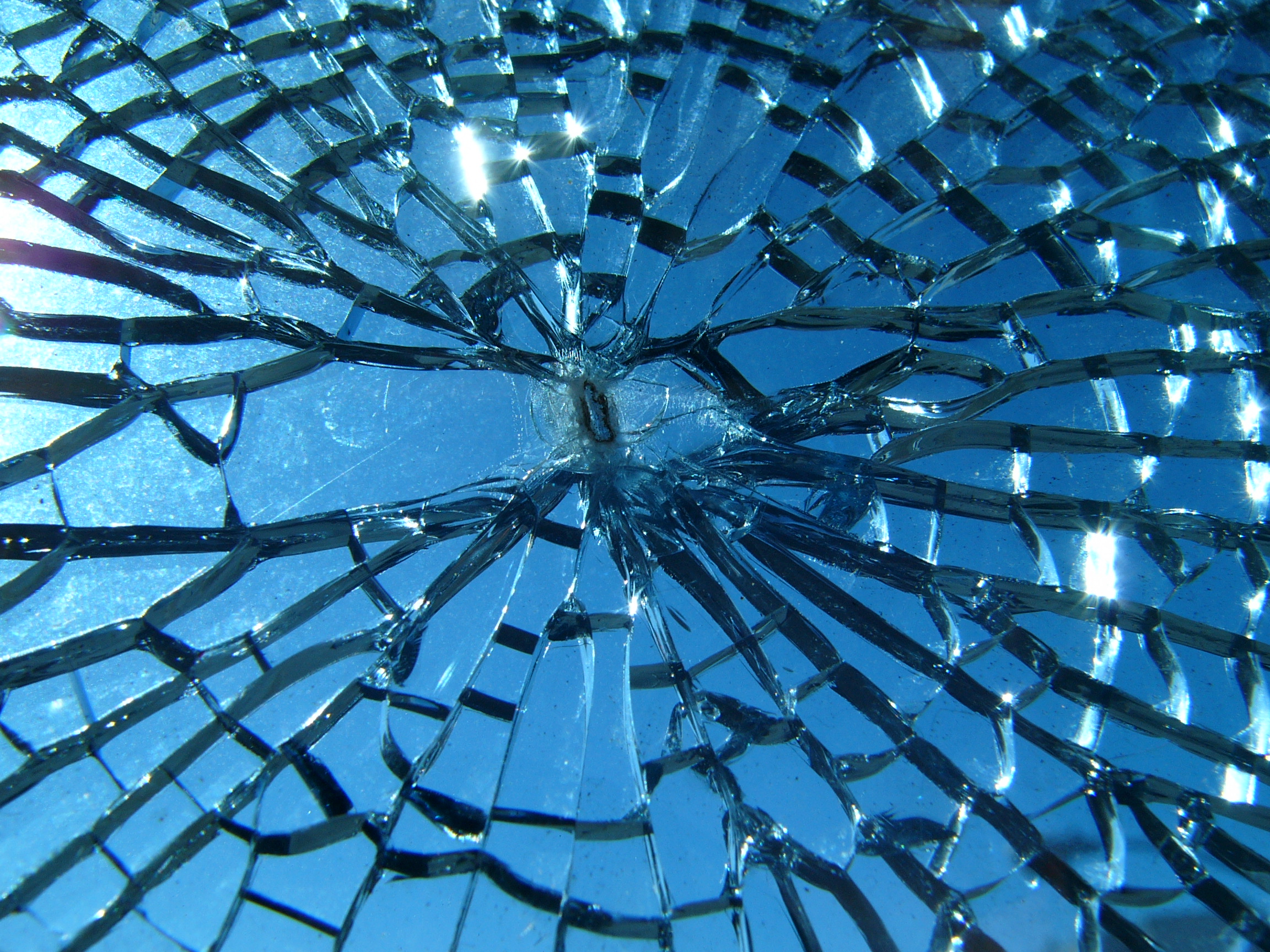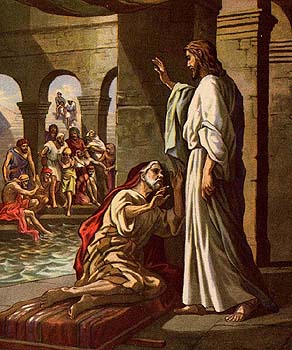 TC's Principles and Guidelines for Life #12: "Imperfect situations do not have perfect solutions."
Sometimes, I wish I had magic prayer words. Or fairy dust. Or silver bullets.
TC's Principles and Guidelines for Life #12: "Imperfect situations do not have perfect solutions."
Sometimes, I wish I had magic prayer words. Or fairy dust. Or silver bullets.
I run into people on a fairly regular basis who find themselves in tough circumstances.
They have a loved one who is struggling with addiction; or their finances are a mess due to un/under employment; or they are struggling with serious illness.
And in those moments, I want to fix what's wrong.
I hate looking them in the eye and knowing that when our conversation ends and they walk away, that problem is still going to exist.
I offer genuine words of encouragement, I pray with them, I give advice if it's asked for, and I truly empathize.
But I can't fix it.
They are in pain, and I can't make them better.
Instead, I point to the one who is healer.
See stuff gets broken: cell phone screens, cars, furniture, etc.
But people don't get broken. They get wounded.
So we don't need a fixer. We need a healer.
That's one of the aspects of God - He is a healer.
Wounds will normally heal on their own. But if it's a big injury, it needs help to heal. A bone may need to be set. Stitches may be needed. Infection may need to be cut out.
Broken things stay broken if they aren't fixed. Wounded things may not heal properly if not treated.
So I spend most of my time in these conversations pointing to the healer. Offering scriptures and prayer that remind us to trust in God.
But it's the same thing as telling somebody to go to the doctor: I can't force them to go. They may decide not to.
And if they do go, there's no guarantee they will follow the prescription.
If a doctor tells you to take medicine, if you fail to go to the pharmacy, or fail to take the pills as instructed, you're not going to get the benefit.
Healing takes time. We have to follow the instructions of the healer in order to see the process occur, and we have to be patient.
Engage with the cure and give it time to work.
This is the formula for healing.
And if the first approach doesn't complete the process (not that God is wrong, but sometimes there may be more than one issue), we must be willing to return and submit to further instructions.
And cure is often painful. Have you ever read the side effects of medicine? It's nuts! For a temporary period of time, you're going to hurt yourself in order to get healthy.
This is why I say imperfect situations do not have perfect solutions. Because healing will involve pain.
Setting a broken bone is not fun, but it's incredibly important.
It's not a perfect solution, but it's the best one we've got.
Trusting ourselves to the care of a capable healer is essential to life.
___________________________
35@35 is a blog series by Thomas Christianson which involves 35 blog posts in 2014 on 35 things he has learned at the age of 35.






